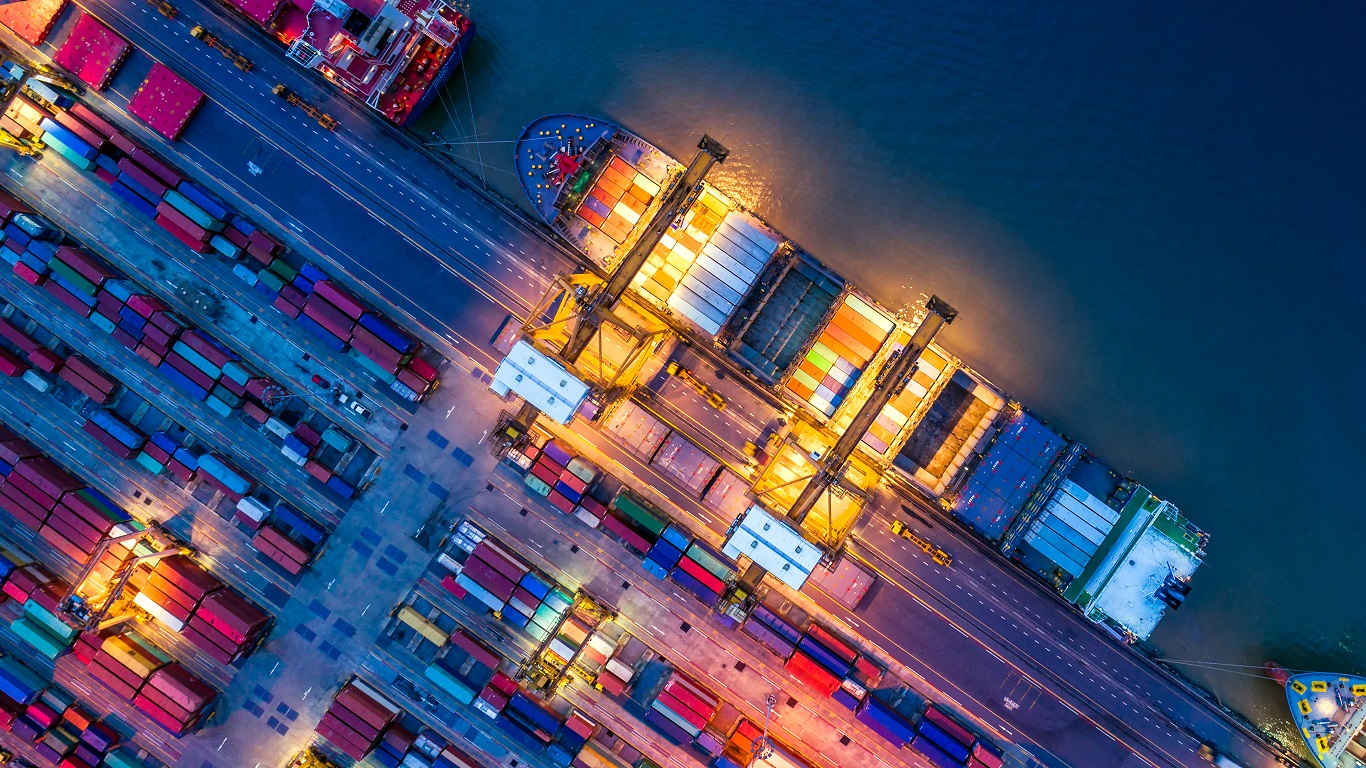UK Procurement Bill aims to strengthen transparency in supply chains
Published on 28th November 2022
Greater scrutiny is proposed of bidders' subcontractors and the social value and environmental credentials of tenders

Transparency has long been a watchword of UK procurement law. The government has clearly signalled its intention that the new Procurement Bill, which is currently before Parliament, will enhance and extend transparency obligations. Many of these requirements relate to how a procurement is run, but the bill includes additional transparency points in other areas, including greater scrutiny of the supply chain behind a bidder.
Full supply-chain transparency
One of the areas of the procurement regime identified for a refresh is the exclusion on mandatory and discretionary grounds of bidders. As well as expanding and revising the grounds on which bidders may be excluded, the Procurement Bill extends their application to increase transparency of the whole supply chain by requiring scrutiny of subcontractors.
Supply chain mapping is already considered an important part of environmental, social and governance (ESG) approaches to gathering information about business' and organisation's activities, but, in light of these changes, its importance is set to increase for suppliers bidding for publicly procured contracts in the UK.
Under the new regime, procuring authorities will be required to consider whether any proposed subcontractors have been placed on the debarment list. The current form of the bill does not include any indication that this requirement will only apply to key sub-contractors, though it is possible that secondary legislation or guidance may provide additional clarity on this point. Procuring authorities will also have power to seek information about whether any subcontractor falls within one of the exclusion grounds. If, as a result of these steps, it is identified that a subcontractor is an excluded supplier (that is, they are within a mandatory ground for exclusion and the circumstances giving rise to that ground are likely to occur again) then the authority must treat the supplier as excludable and may exclude them from participating in the tender.
The scope of issues for which a subcontractor may be an excluded supplier includes convictions for certain bribery offences, slavery and human trafficking offences, tax offences and competition law infringements. There are also specific provisions to treat equivalently behaviour abroad which, had it taken place in the UK, would have satisfied one of these grounds.
Before a supplier is excluded on this basis, they must be given an opportunity to find an alternative subcontractor. While the time to be given for this must be "reasonable", in practice changing subcontractor during a live procurement is unlikely to be ideal. It is, therefore, important that supply chain due diligence is undertaken well before a bid is submitted under the new regime so that any potential issues with subcontractors can be identified and remedied. The legislation is expected to be in force in late 2023, leaving time for suppliers to progress conversations with subcontractors in preparation for this change.
Social value and sustainability
Another feature of the Procurement Bill is a shift in emphasis from the award of contracts to the "most economically advantageous tenderer" to the "most advantageous tenderer". Coupled with guidance regarding evaluation of social value priorities, already required of central government purchasers, this change opens up the opportunity for scrutiny of a broader range of ESG issues as part of the tender process.
The scope of matters which make up an "advantageous tender" is left to the procuring body's discretion to a large extent, but the government's social value model includes emphasis on topics such as tackling economic inequality, fighting climate change and equal opportunity.
Each of these themes presents an opportunity and a threat for suppliers where subcontractors may be relied on to positively contribute to demonstrating that metrics in these fields are met but may also risk undermining a bid if, for example, efforts to demonstrate environmentally sustainable practice are undermined by less positive behaviour in other parts of the supply chain.
The increased importance of social value and sustainability in tender evaluations underlines the importance of engaging with subcontractors on opportunities to collaborate to deliver outcomes in these areas.
Osborne Clarke comment
While the Procurement Bill continues its journey through Parliament, the finer detail of these provisions remains subject to change; however, it is clear that the new regime will include greater scrutiny of supply chains. Those bidding for public contracts would be wise to review arrangements to ensure both that any issues with exclusion grounds are identified and addressed and also to explore opportunities to collaborate with suppliers to deliver social value.



